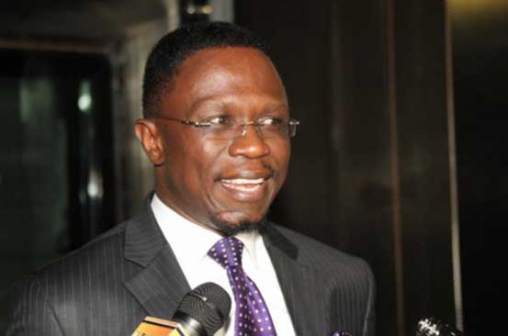×
The Standard e-Paper
Stay Informed, Even Offline

Orange Democratic Movement (ODM), Kenya’s biggest political party by parliamentary membership, stands on shaky grounds following tremors caused by last week’s resignation of top officials.
The party, led by former Prime Minister Raila Odinga, has encountered similar turbulence in the past; when it was deserted en-mass by supporters in the vote-rich Rift Valley region. The party’s top-most leadership is now battling to contain a similar revolt in Western; another populous voting bloc.